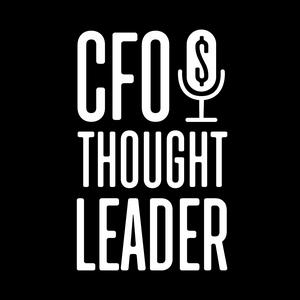Nearly 90% of Americans suffer from metabolic disease, Manu Diwakar tells us, citing a recent McKinsey & Company study. For Diwakar, CFO of Virta Health, that statistic defines both the scale of the challenge and the clarity of the mission.
Metabolic disease, he explains, includes type 2 diabetes, obesity, liver disease, kidney disease, heart disease, and high blood pressure—“branches of a tree,” he tells us, all sharing the same root cause: poor nutrition. Virta’s model blends medical professionals and technology to reverse those conditions, partnering with insurers, employers, and government entities in a B2B2C framework.
From a finance perspective, the impact is measurable. Diwakar tells us Virta uses pharmacy and medical claims data to compare enrolled members with non-enrolled employees who share the same conditions—creating what he describes as a “really clean A/B test.” For type 2 diabetes, the company delivers a “two-to-one ROI,” he tells us, making the value proposition tangible.
In a market captivated by GLP-1 drugs, the numbers sharpen further. Virta charges about $150 per month, Diwakar tells us, compared with roughly $1,000 per month list price for GLP-1s—about $500 after rebates. More important, he notes that when patients stop GLP-1s, weight often returns. By targeting the root cause—nutrition habits—Virta aims to make results sustainable and long-lasting, he tells us.
For Diwakar, disciplined measurement and root-cause thinking align strategy with impact—improving health while lowering cost.


